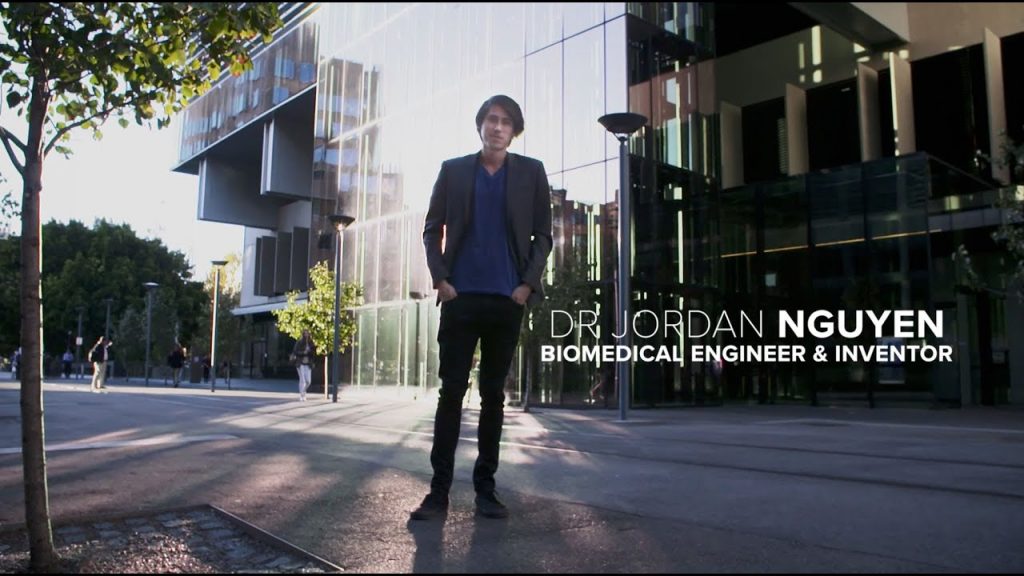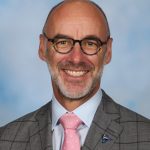
Moving Forward
In 2020, Dr Jordan Nguyen (a Vietnamese-Australian Biomedical Engineer, inventor, and visionary) said, “We’re living at the fastest rate of change we’ve ever seen, but it may be the slowest we’ll ever see again.”
Nguyen is not the only person to say something to that effect. Thomas Friedman in his book, “Thank you for being late” likens the rate of change we are experiencing, because of advances in technology, to Moore’s Law. He suggests that the rate of change doubles every couple of years and has well passed our capacity to adapt.
In his book, published in 2016, which is effectively already out of date, Friedman says, “Average is officially over. When I graduated from college, I got to find a job; my girls have to invent theirs. I attended college to learn skills for life, and lifelong learning for me afterwards was a hobby. My girls went to college to learn the skills that could garner their first job, and lifelong learning for them is a necessity for every job thereafter.”
You may have seen Dr Jordan Nguyen on TV. His achievements include creating a mind-controlled wheelchair, and other technological innovations targeted at improving the lives of those living with physical disabilities. I love his philosophy, “One life, improve many.”
Jordan has very graciously accepted the invitation to open our new Innovation Centre on 25 January 2023, a building that will be in the centre of our campus and tell the story of what we do here at St Paul’s School for your children.
St Paul’s School has a reputation for innovation in learning. The research we have done over the years has shown that traditional educational approaches, while very effective for learning, are not adequately preparing young people for the world in which we now live.
In 2014 we cast a compelling vision for 2028, when our then youngest students would graduate from Year 12. Those children are about to go into Secondary School, and over the last seven years we have achieved a huge amount: we’ve developed a unique way of teaching for creativity, Realms of Thinking, a Ways of Being framework that focuses on the development of a person’s character, a third pathway for learning, an entrepreneurial pathway, and introduced the vertical tutoring system.
The new building, our Innovation Centre, is an integral part of the vision for 2028. It will contain spaces that support the way of teaching we have developed to preference creative, innovative and entrepreneurial thinking.
The 16 dispositions necessary for creativity that we explicitly teach (including openness to experience, the willingness to take risks, and to learn from failure), combined with our Ways of Being framework (which focusses on the development of character), enables us to equip your sons and daughters with the necessary skills to invent their own job and be life-long learners so they don’t just cope in the age of accelerating change, but thrive.
It could certainly be said that we are leading the way in transforming educational thinking and practice and we will continue to do so. Next year, we begin an exciting project with Melbourne University. They will work with us to credential Realms of Thinking to create a learner profile. This profile will give you better information as to how your son or daughter is developing the dispositions and skills, as well as knowledge, necessary to invent their own jobs. Once completed, the hope is that it will be a credential that is nationally and internationally recognised and could be used for entry to tertiary studies along with (or instead of) an ATAR, and to gain employment. Essentially, we want to measure and report on what we value and what we believe is important when it comes to an education worth having.
 Paul Browning
Paul Browning
Headmaster
